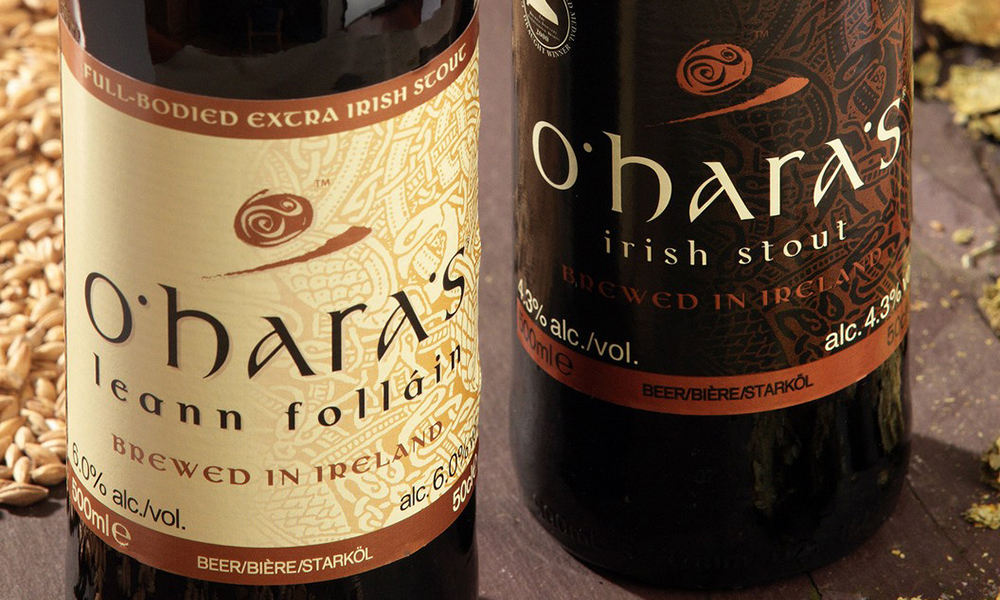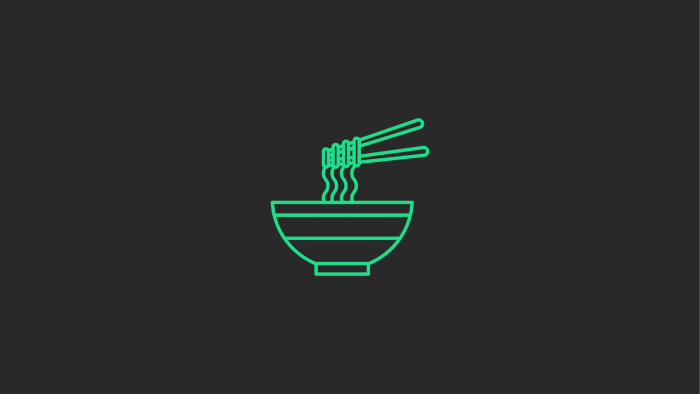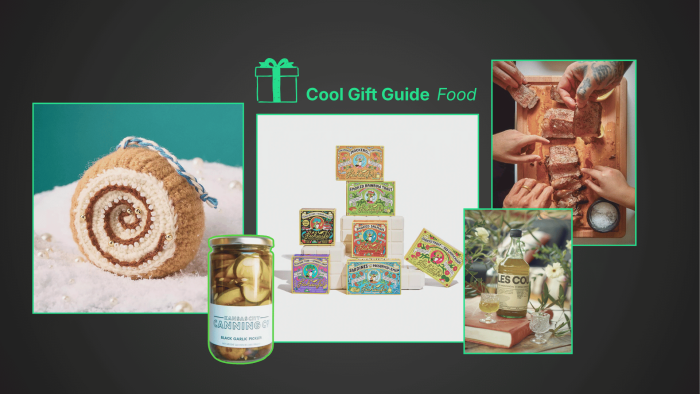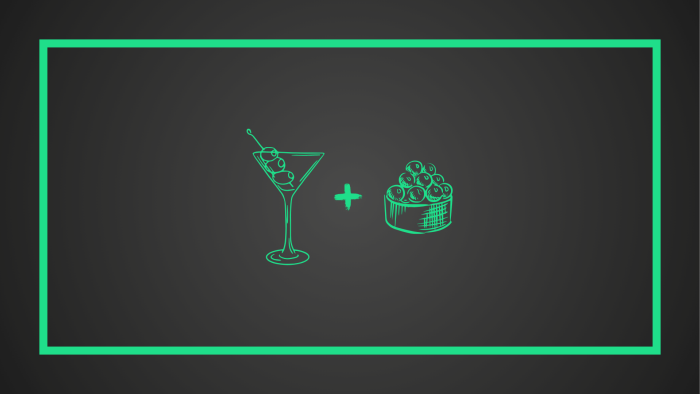Back around St. Paddy’s Day this year, I put together a quick primer on Irish stouts and provided a few options that aren’t Guinness. On the list is O’Hara’s Irish Stout — a very good beer, especially if you can find it on a nitro tap. But it’s another O’Hara’s beer that really stands out to me these days: Leann Folláin (pronounced Lon Foal-awn), which is a beefier extra stout brother to the brand’s standard stout.
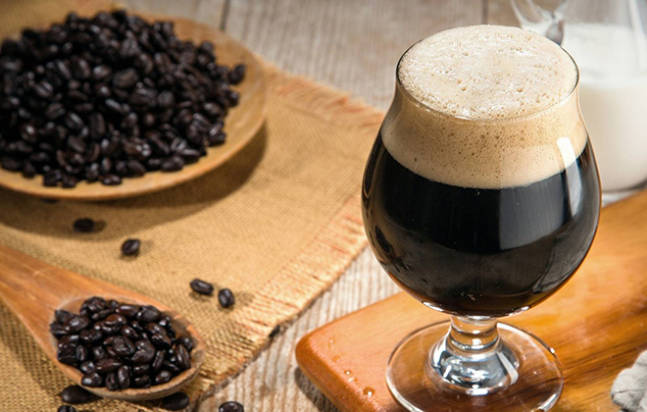
Stout vs. Extra Stout
The difference between a regular stout and an extra stout comes down to the beer’s intended audience. And I’m talking before steel kegs, CO2 gas systems, and modern cleanliness standards. Back when beer was being shipped and consumed on wooden sailing vessels.
At that time, a stereotypical stout, like O’Hara’s Irish Stout, wasn’t leaving the city, municipality, or even farm that it was brewed on. It was being drunk fast enough that there wasn’t much concern the beer would go off. It was a locally made beer intended for local consumption, with a lower ABV and mild roasty flavor. Anyone who’s done some drinking in Irish pubs should be well familiar with the style.
An extra stout, like Leann Folláin, is an invention of a time when brewing had more practical concerns. It’s a beer made for export to distant consumers and for the sailors taking the beer on that journey. The higher ABV and roasted malt content acted as a preservative, though some will also have higher hop contents similar to an IPA. It’s similar in intention to foreign stouts, foreign extra stouts, export stouts, and foreign export stouts. Personally, I’d argue they’re all basically different names for the same kinds of beer.
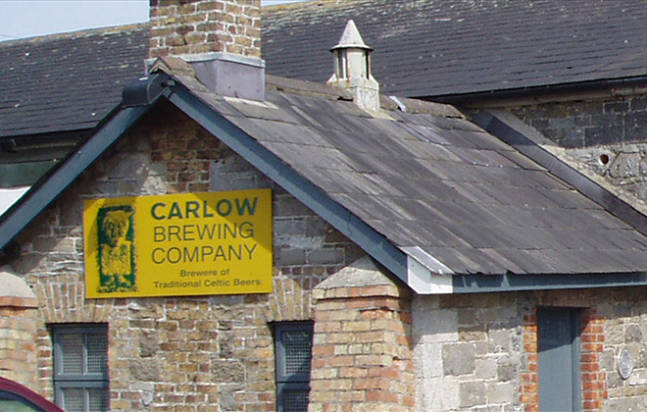
Carlow Brewing Company
Carlow Brewing Company, the brewery responsible for the O’Hara’s brand of beers, is one of the bigger craft breweries in Ireland. It was established in 1996 in Carlow town and was among the first breweries to prove that Diageo-owned Guinness might not have the stranglehold on the Irish beer market that some thought.
To put the brewery into an American context, I like to think of them as the Irish version of Yuengling or Boston Beer Company. It carved out its share of the market and is likely secure in its market presence, at least in the medium term. It’s also similar to Boston Beer Company in that it has a few brands in its portfolio now producing contract brews for Aldi and Marks and Spencer. Buying from Carlow Brewing Company doesn’t mean you’re supporting the little guy, but a lot smaller than the biggest players in Irish stouts.
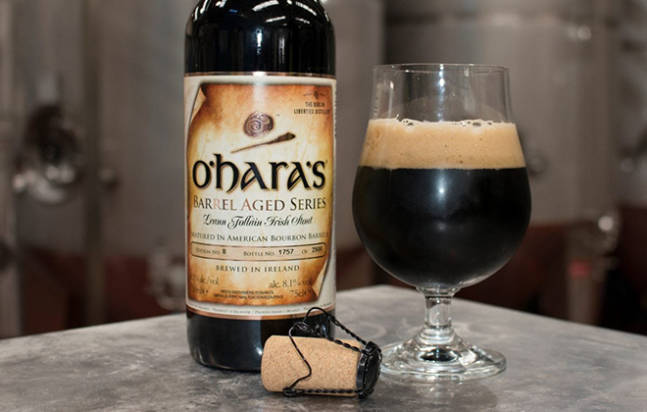
Leann Folláin: Tasting Notes and Where to Find It
Leann Folláin is absolutely delicious. It has all the roasted malt character you want in a slightly bigger stout, while also managing to avoid the astringency or bitterness that nips at the back of your throat. The beer has a satisfying mouthfeel and small sips are capable of fully coating the inside of your mouth. I recommend drinking the beer slowly — not just to mitigate the slight danger of its 6.0 percent ABV, but also to appreciate how the flavor changes from roasted, toasted barley to more molasses and caramel as it warms up.
The head is an appealing brown that clings to the interior of the glass, though never reaches the same creaminess or substance that a nitro can does. There isn’t much in the way of hoppiness that I was able to find. I personally don’t have a problem with that, since I think that hops are wildly overused in modern brewing, but there are people out there who want IPA level hops in a stout for whatever unfathomable reason.
If you’re convinced and looking to pick up a bottle, you might be in for a bit of a search. O’Hara’s distributes to America, but it only pops up on the shelves intermittently. I’ve found that availability follows stereotypical patterns. If you’re in a part of the US where there are stronger Irish connections, like the Northeast or New England, you’re more likely to get your hands on it. At the same time, Total Wine’s website has it in stock in Virginia. It won’t be easy, but the beer is around. Your best bet might be keeping Leann Folláin in your subconscious then wandering in and out of liquor stores when you have the time.
Or you could always go to Ireland.

